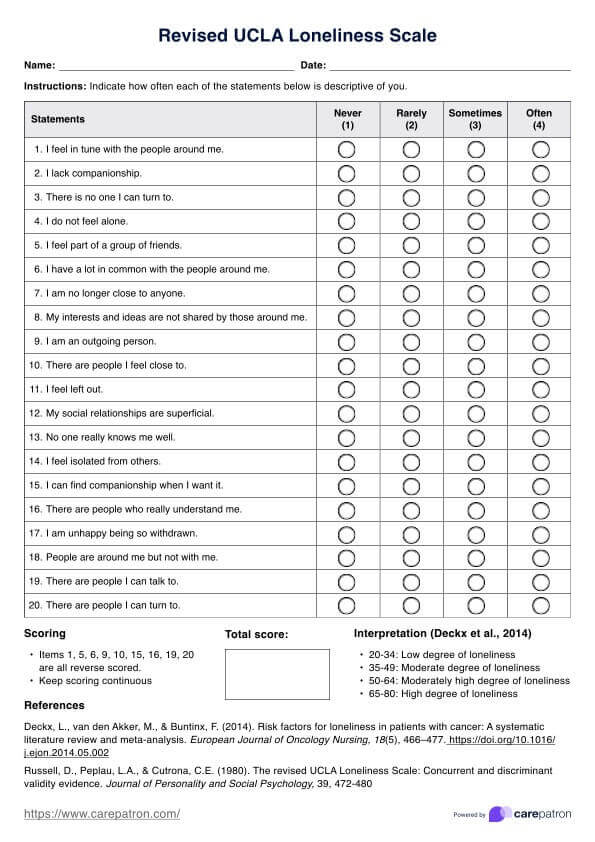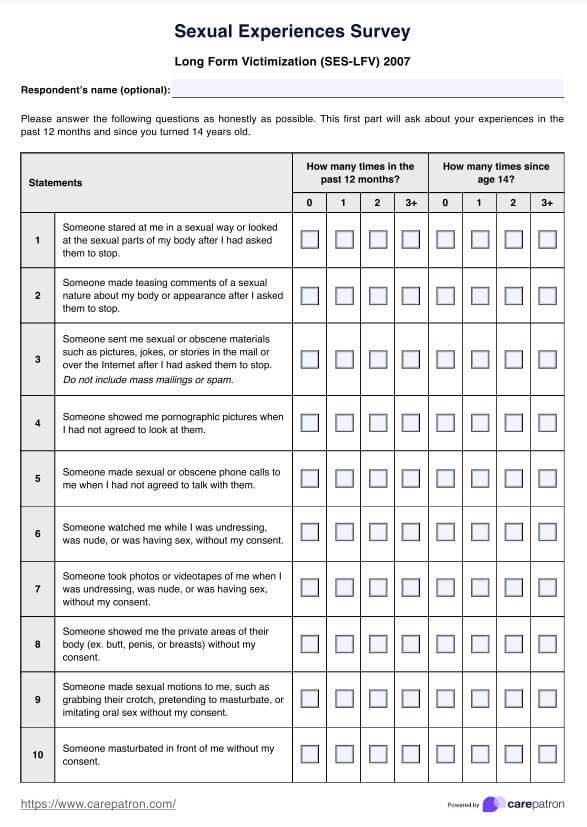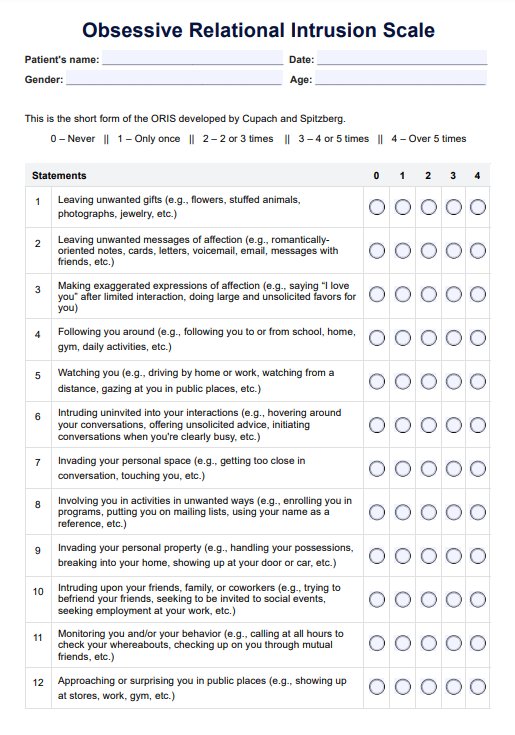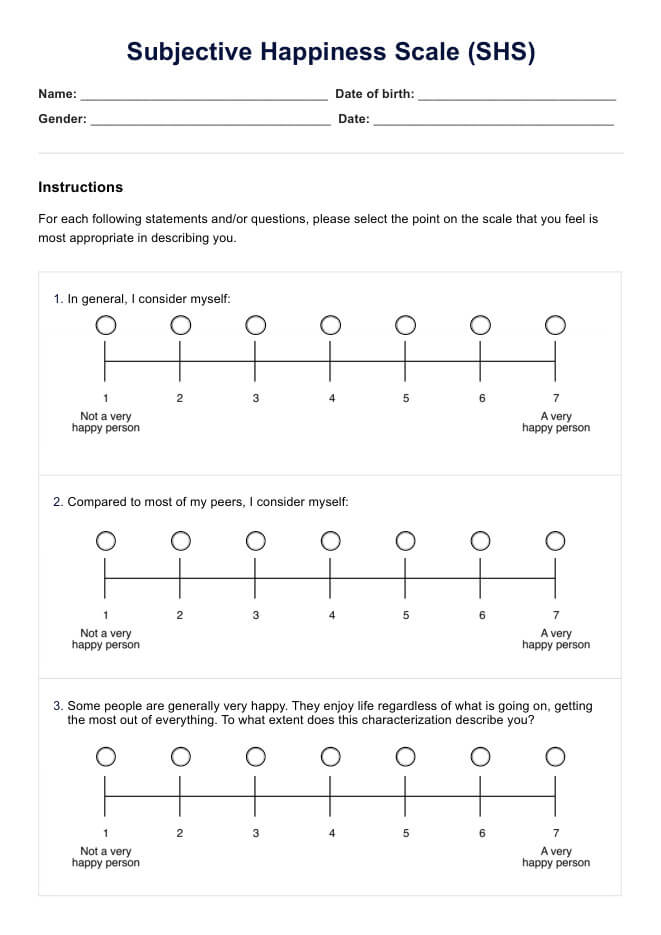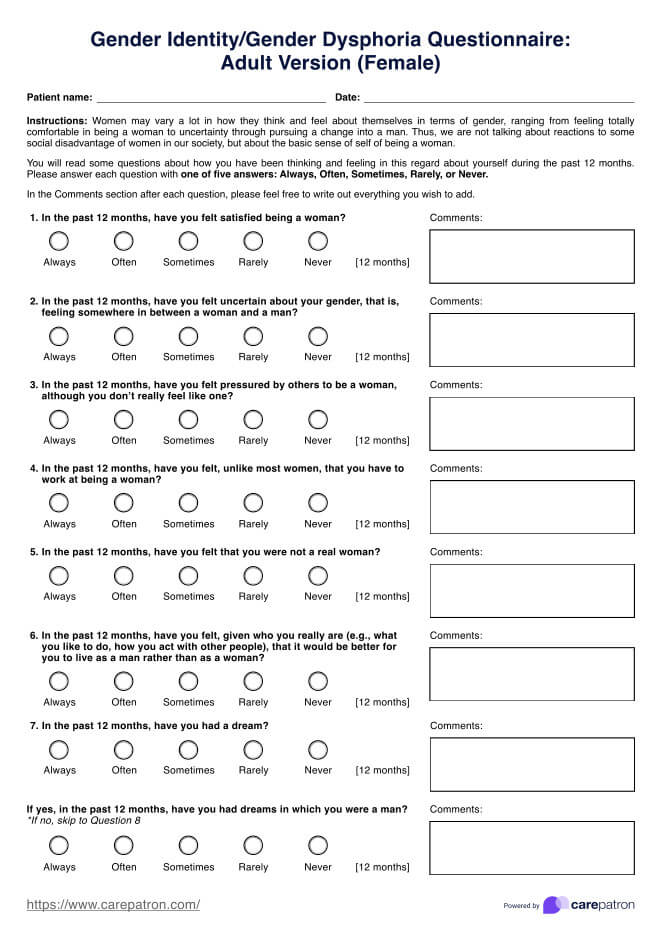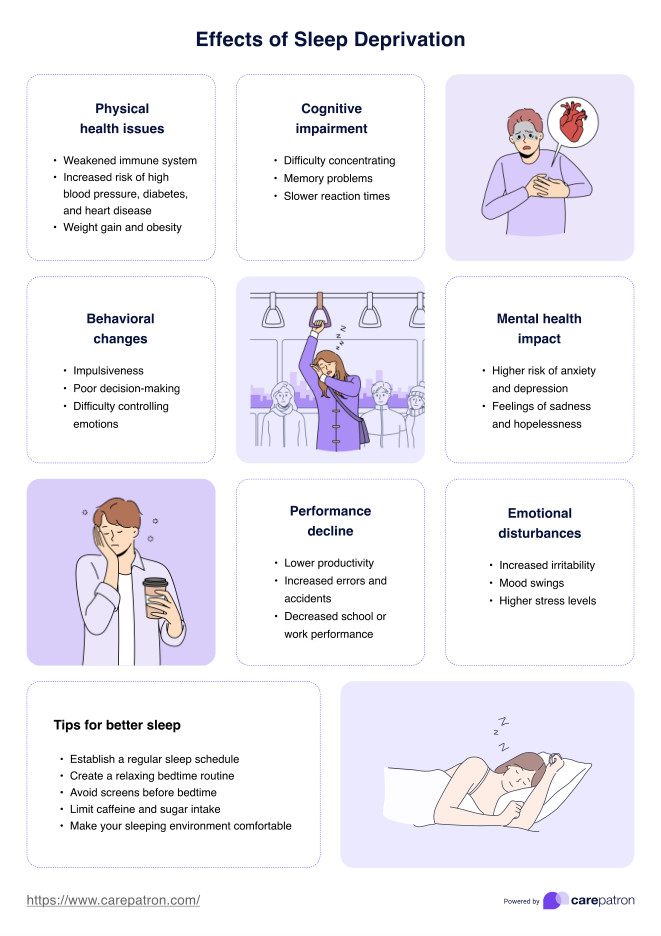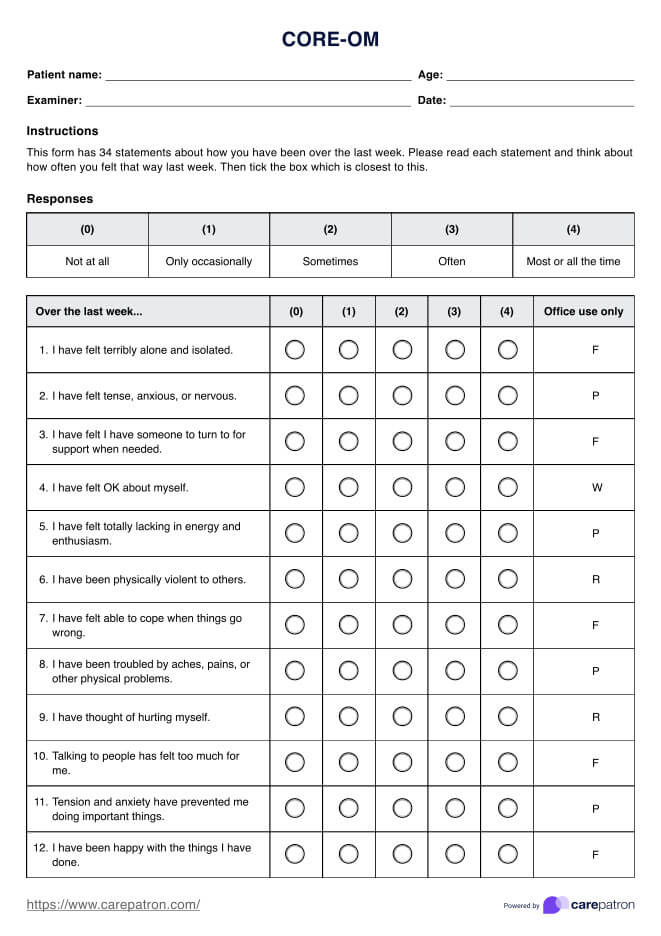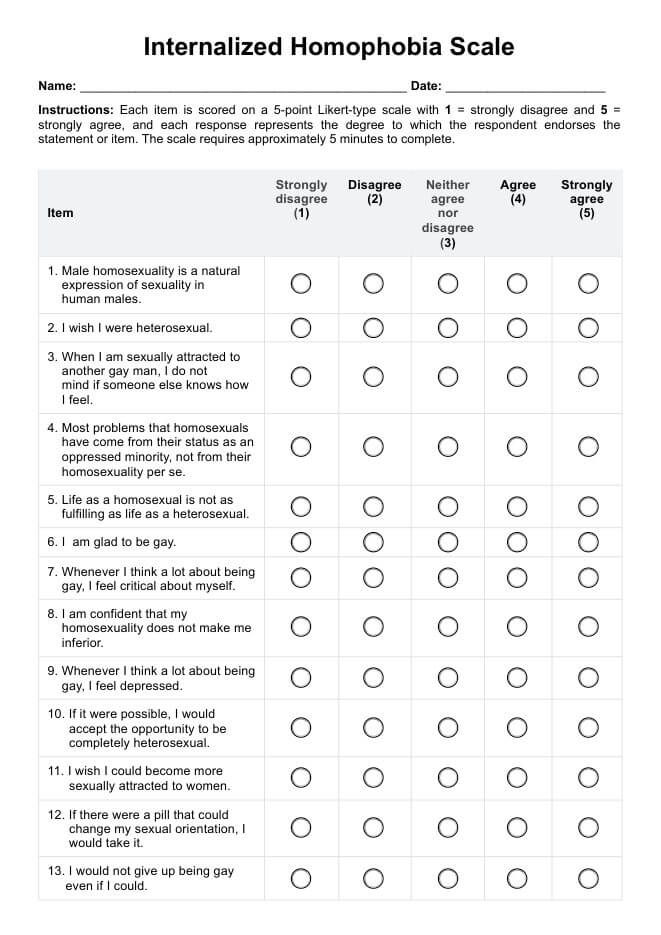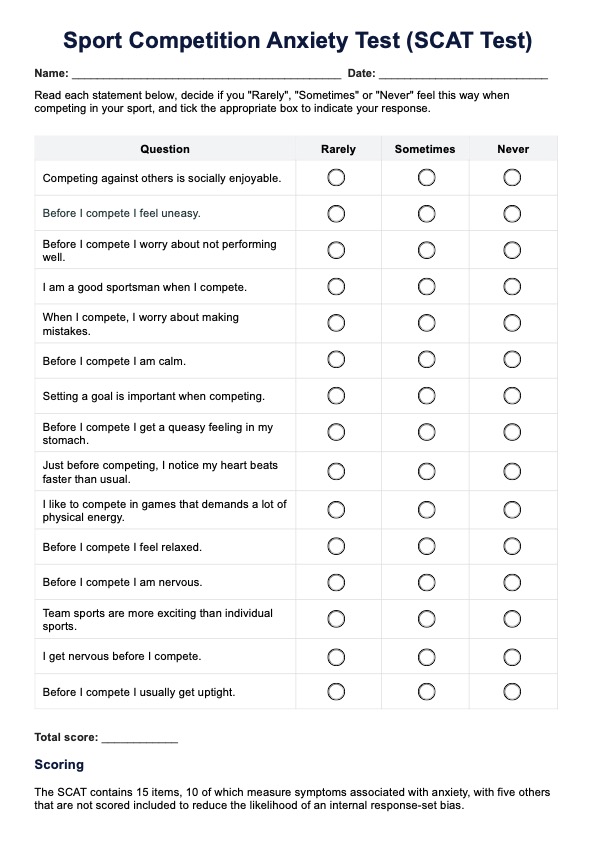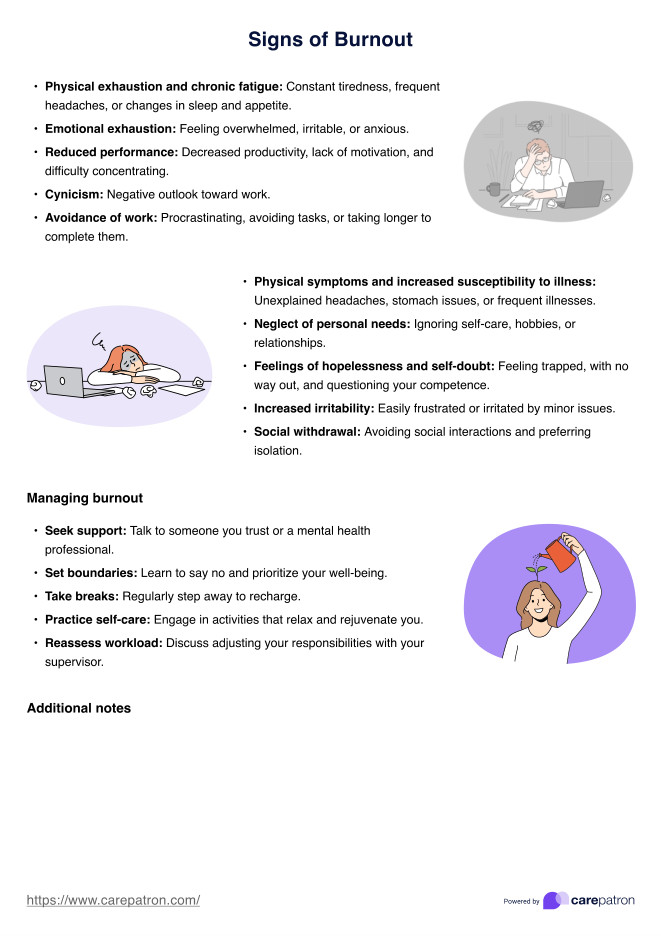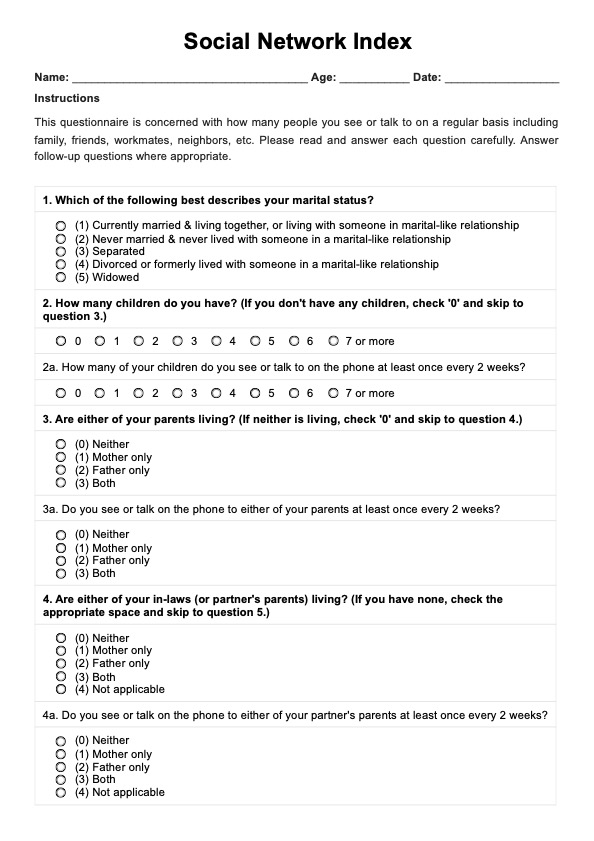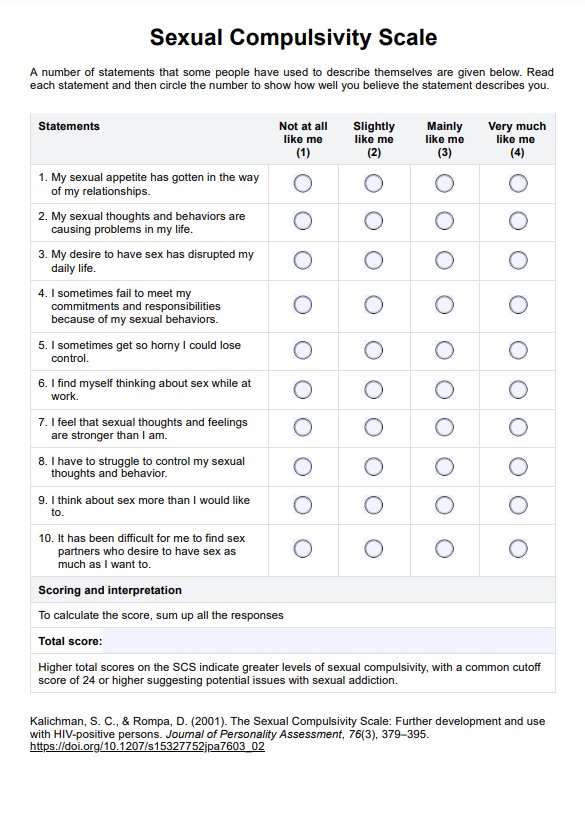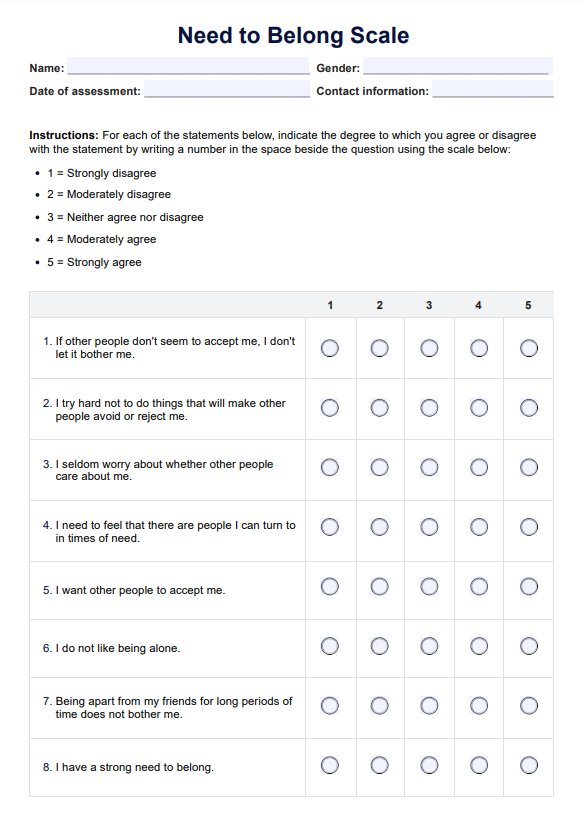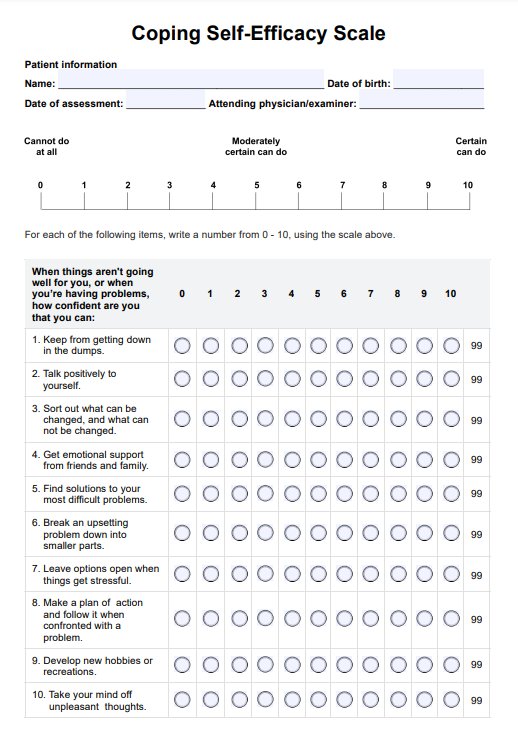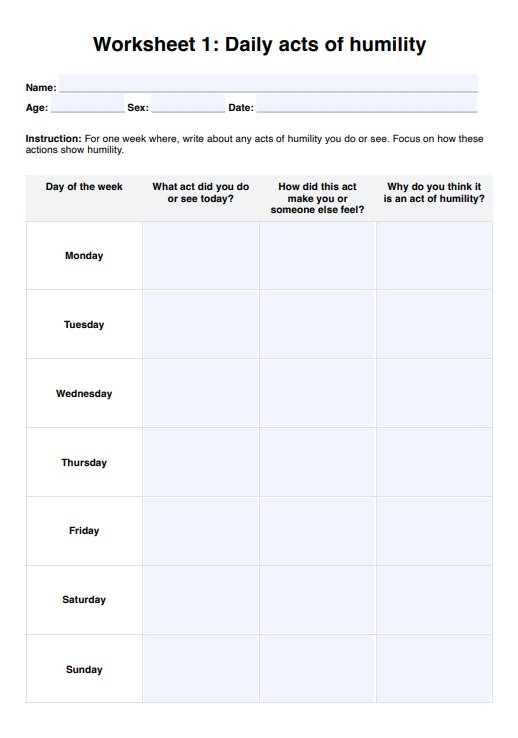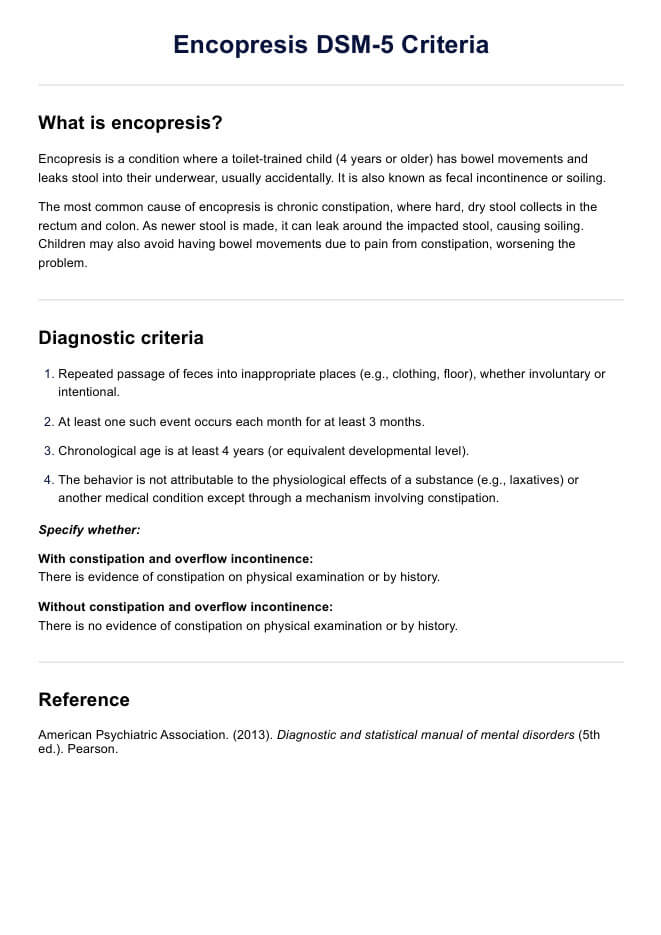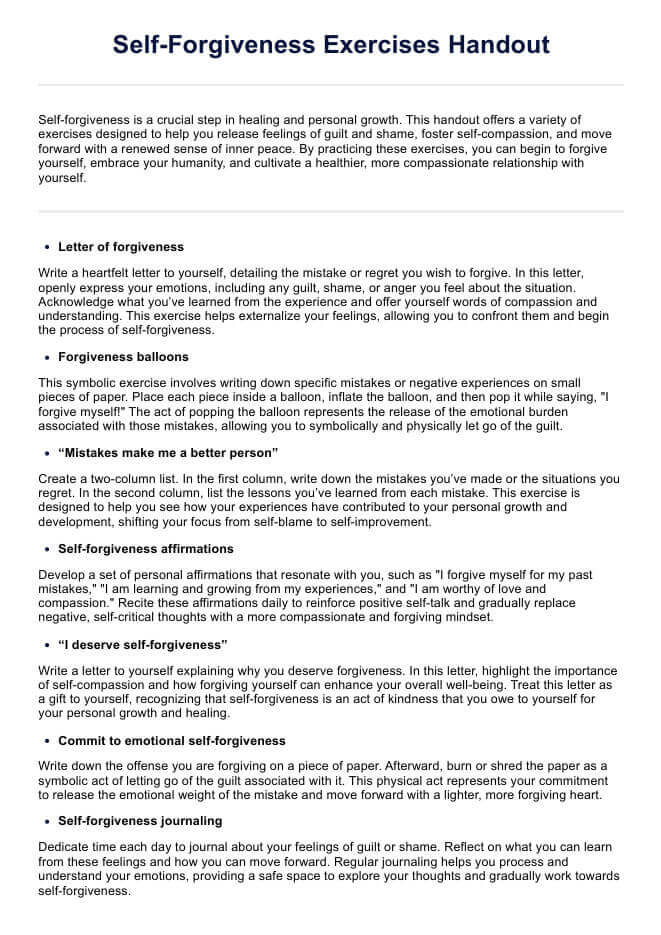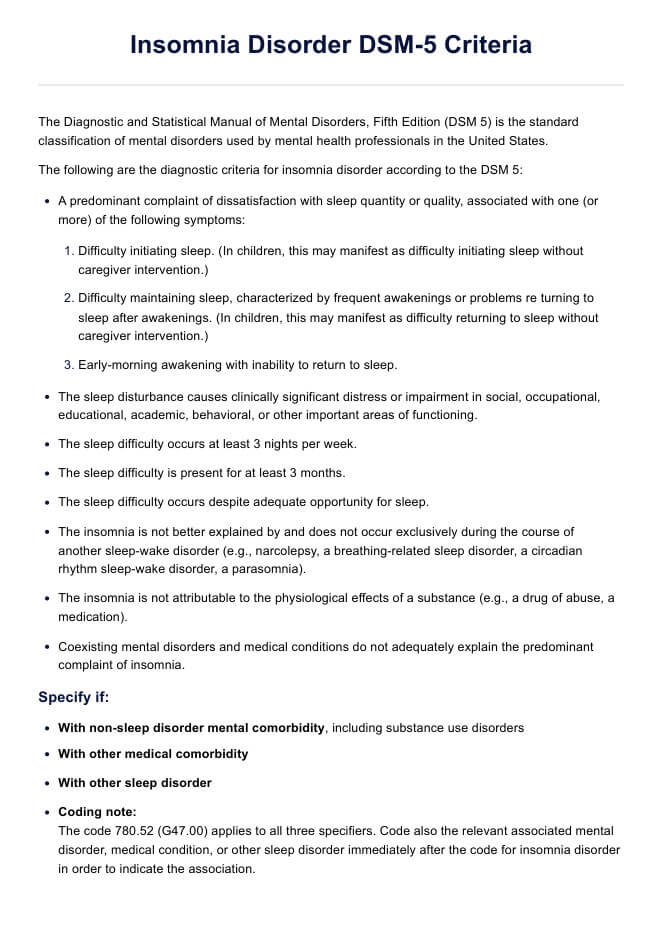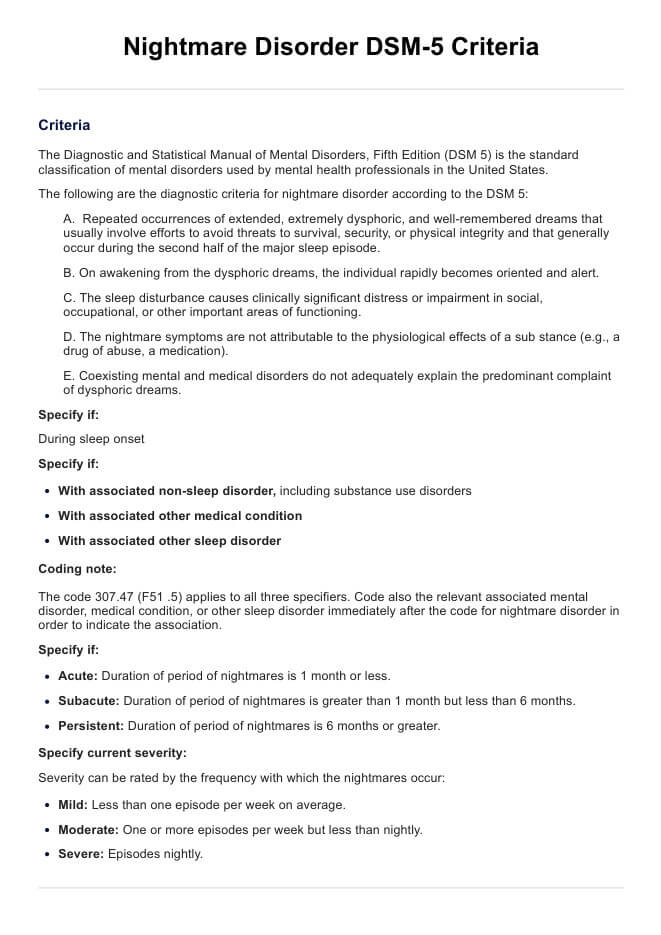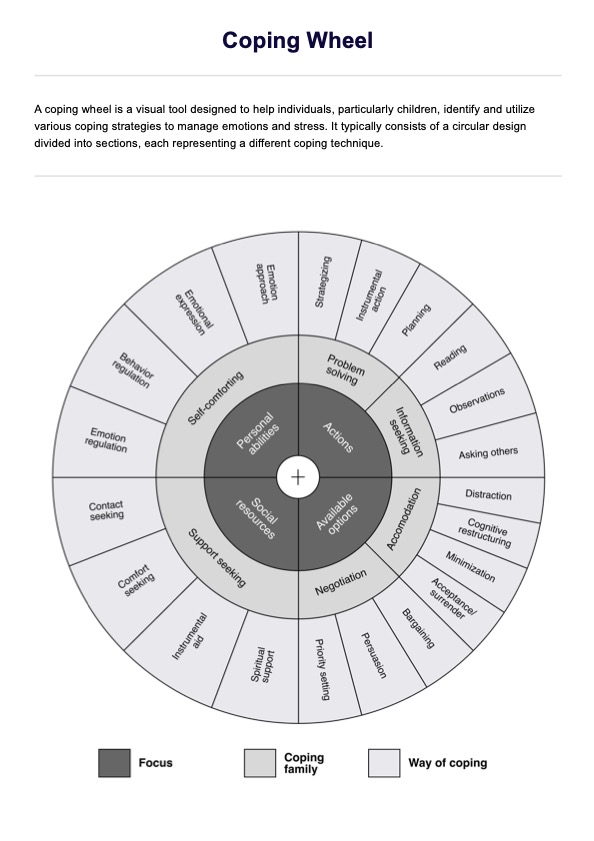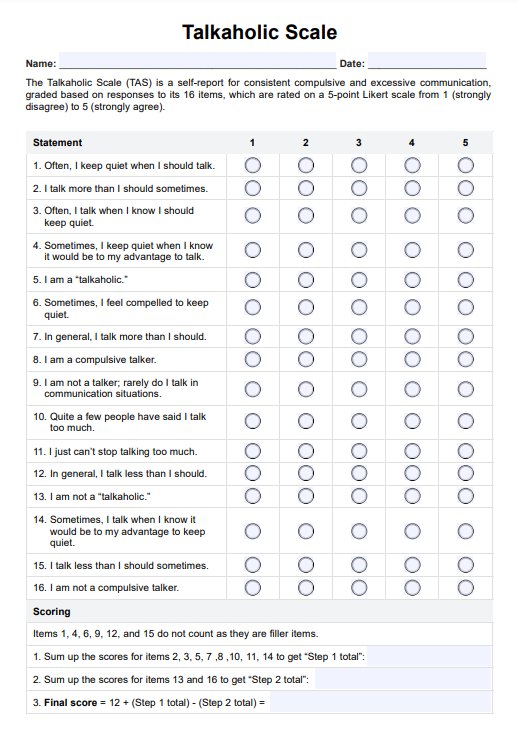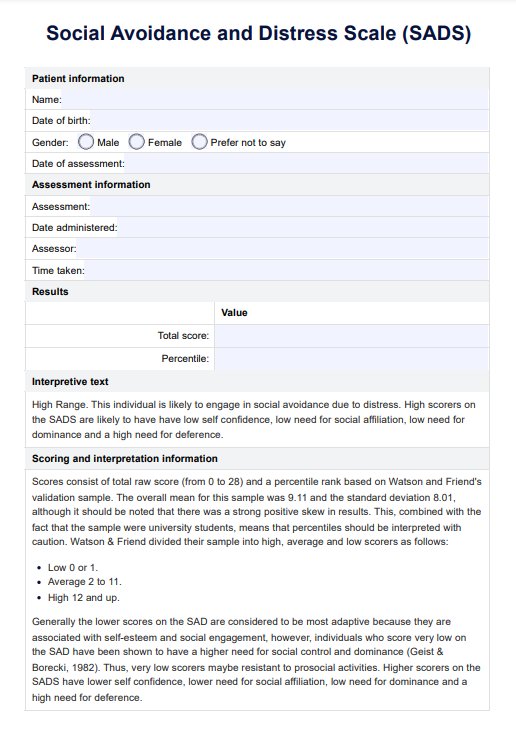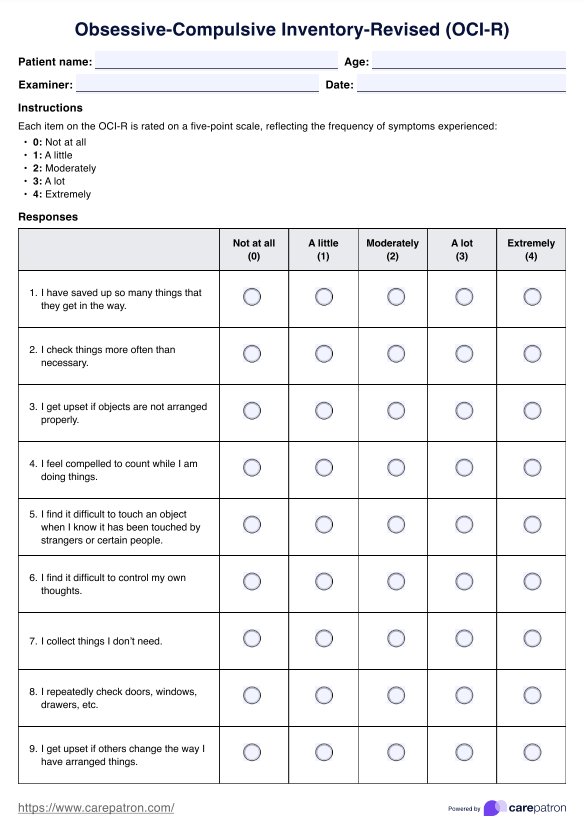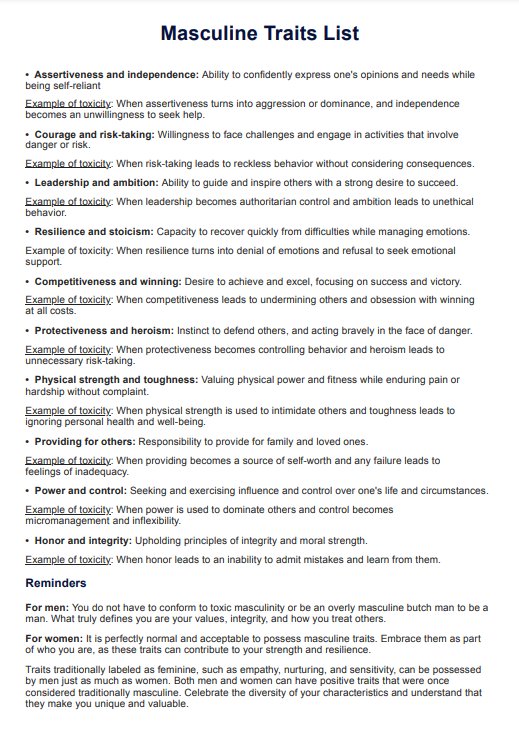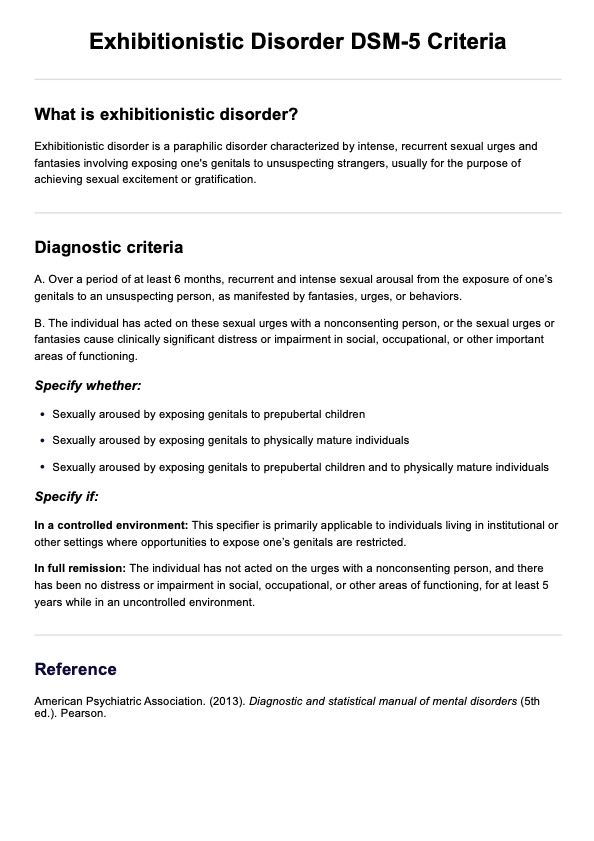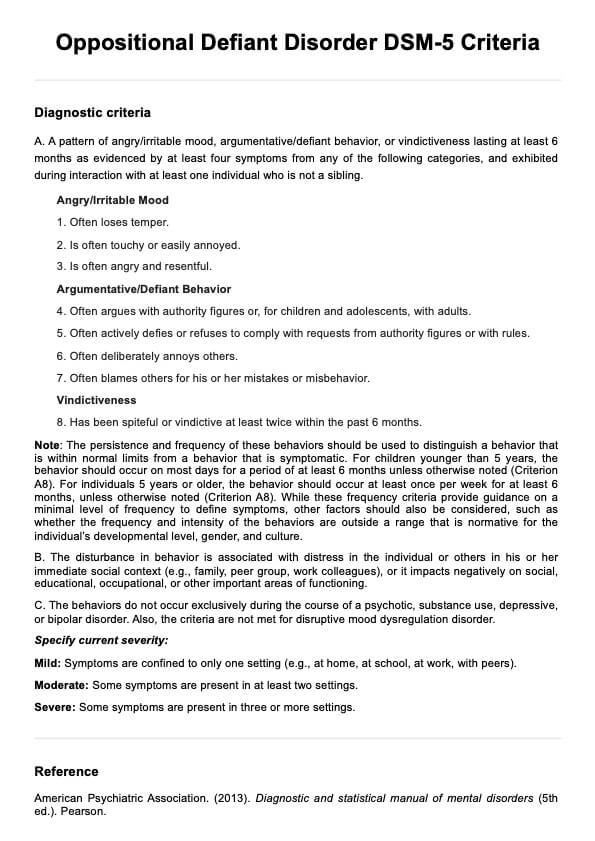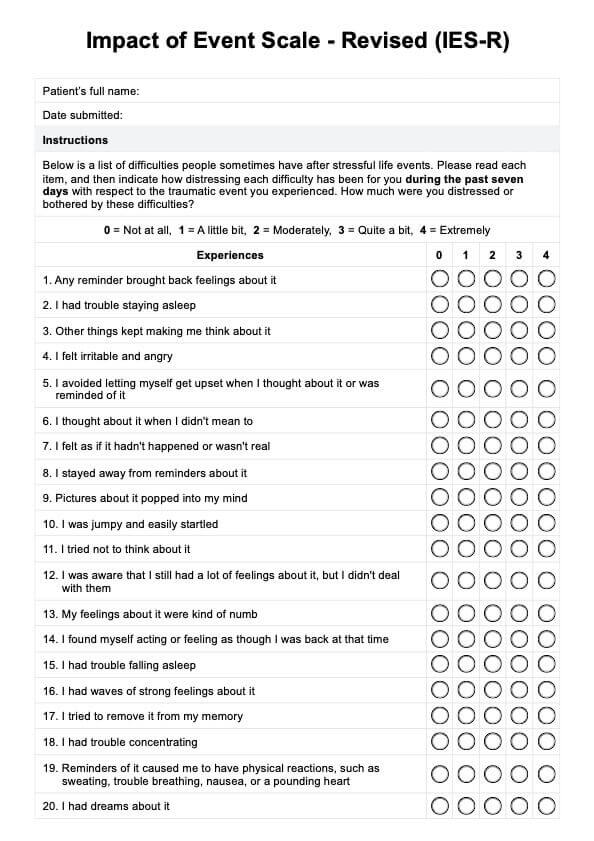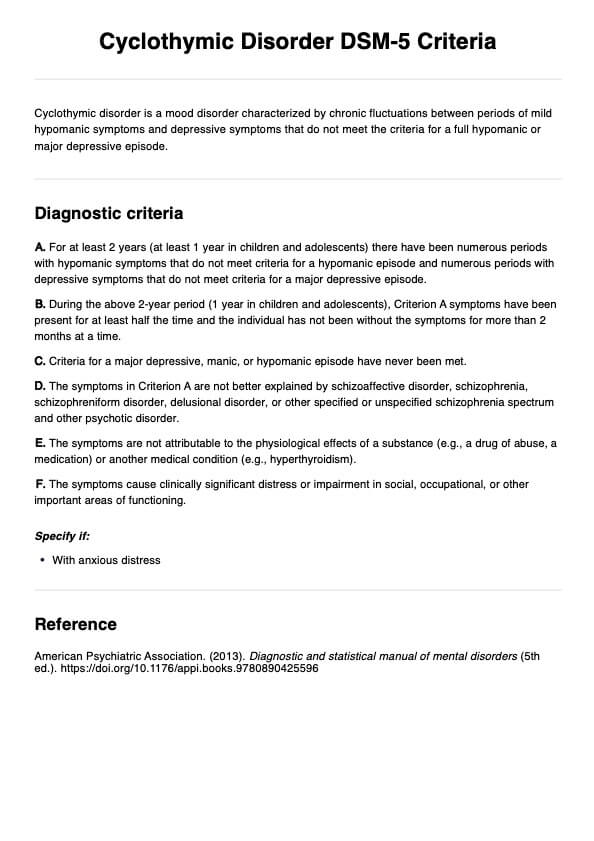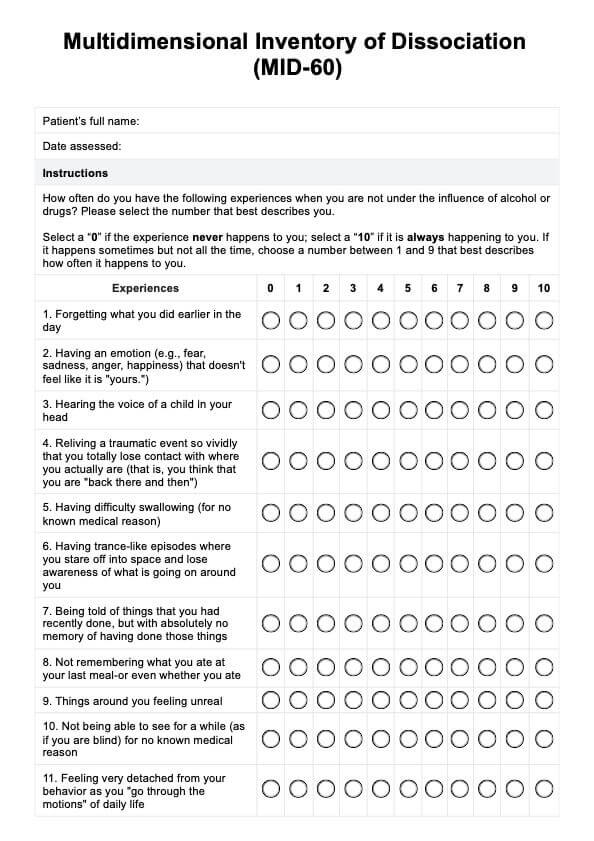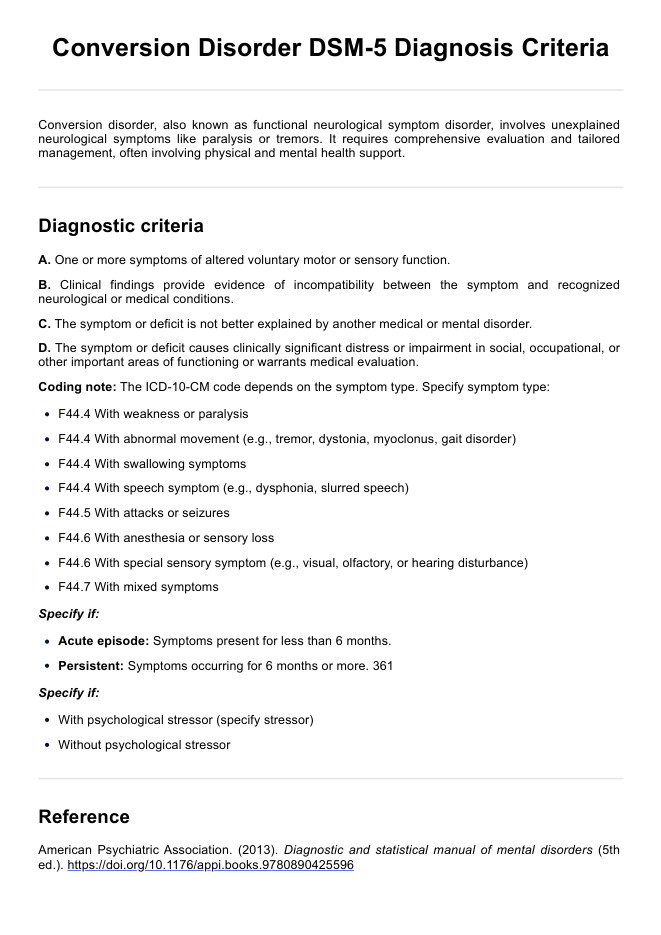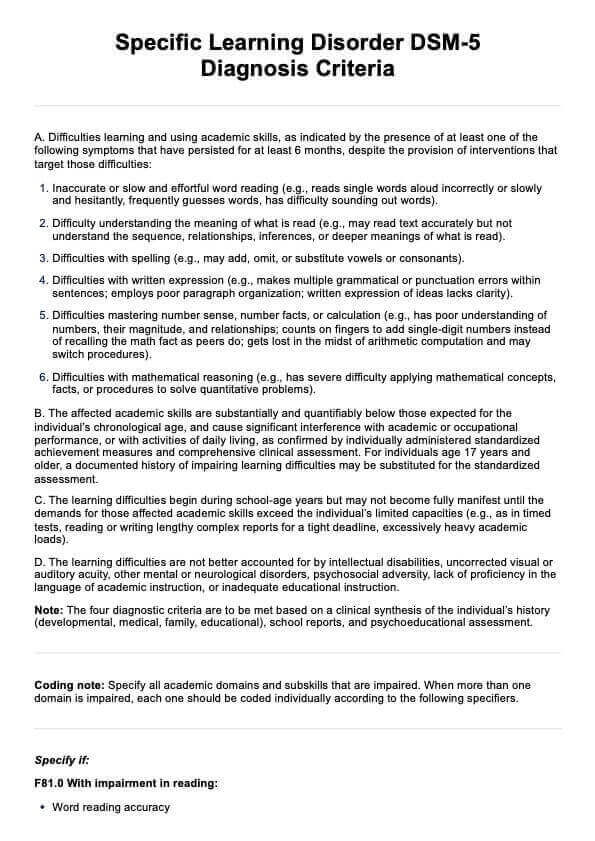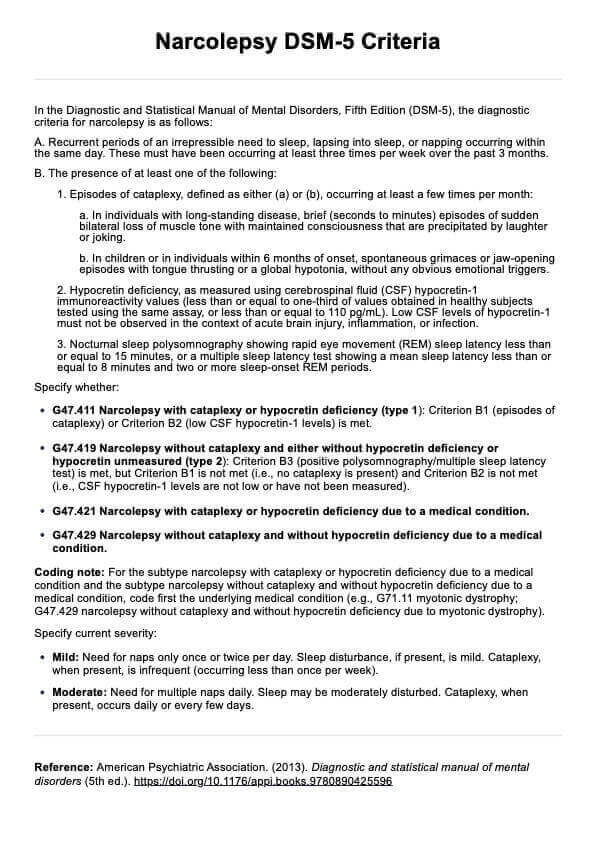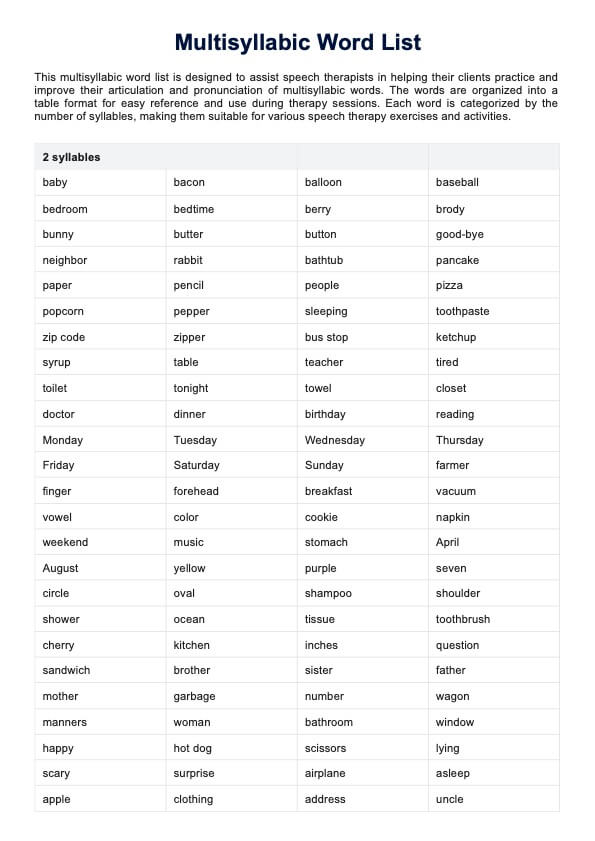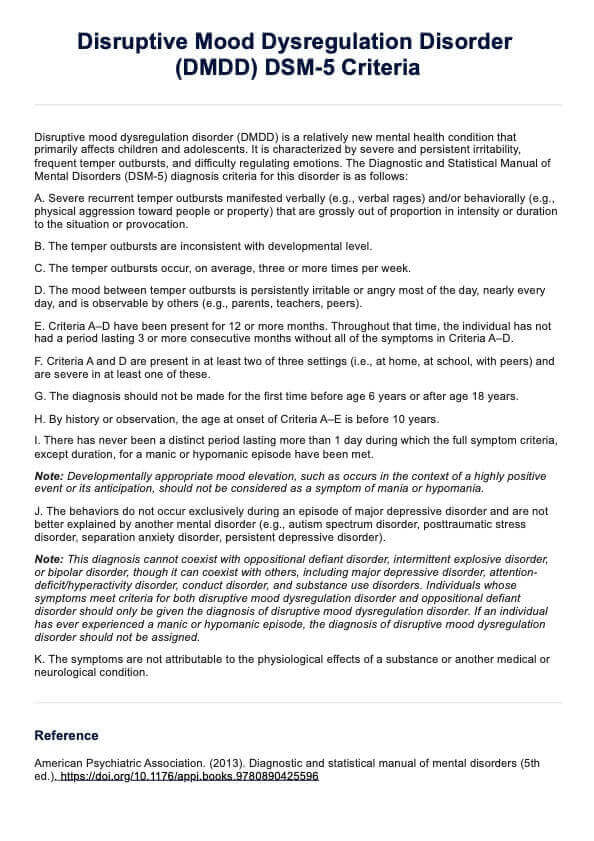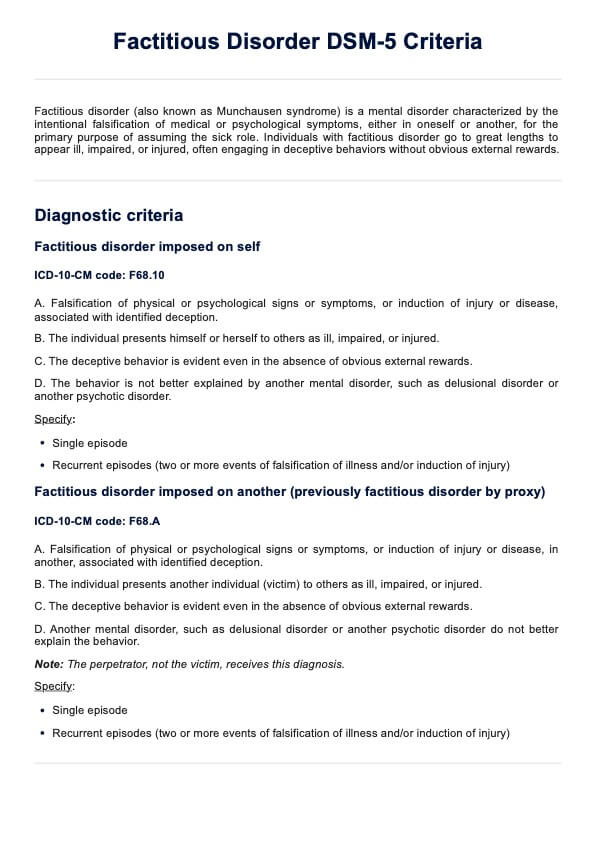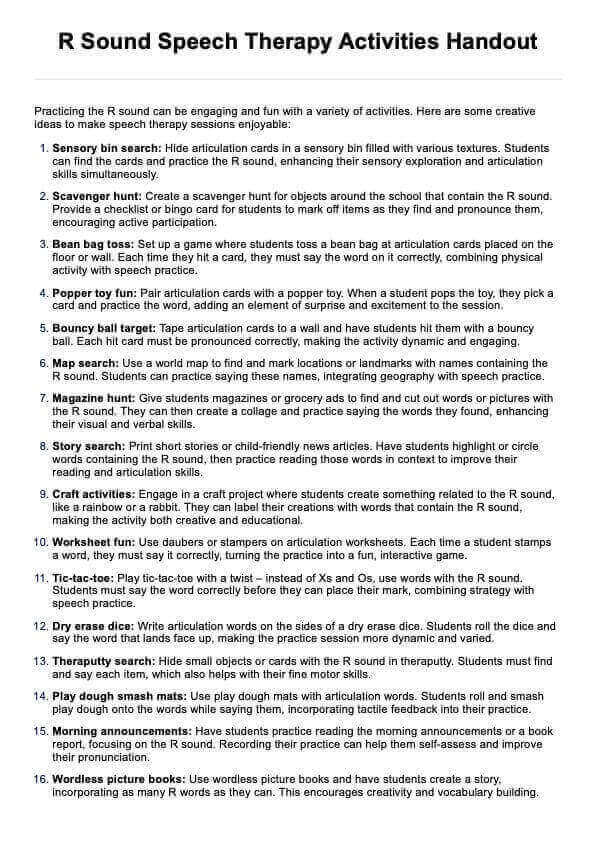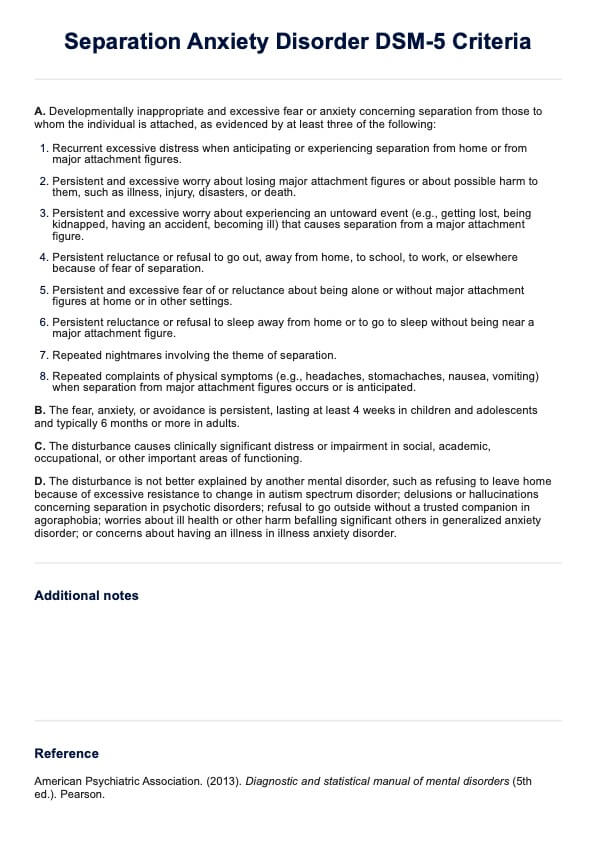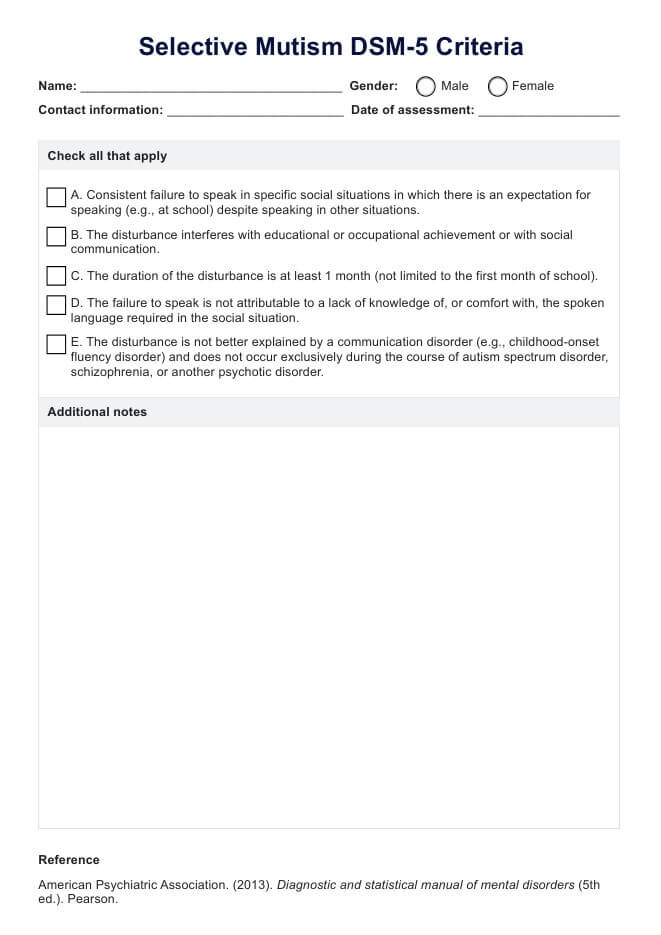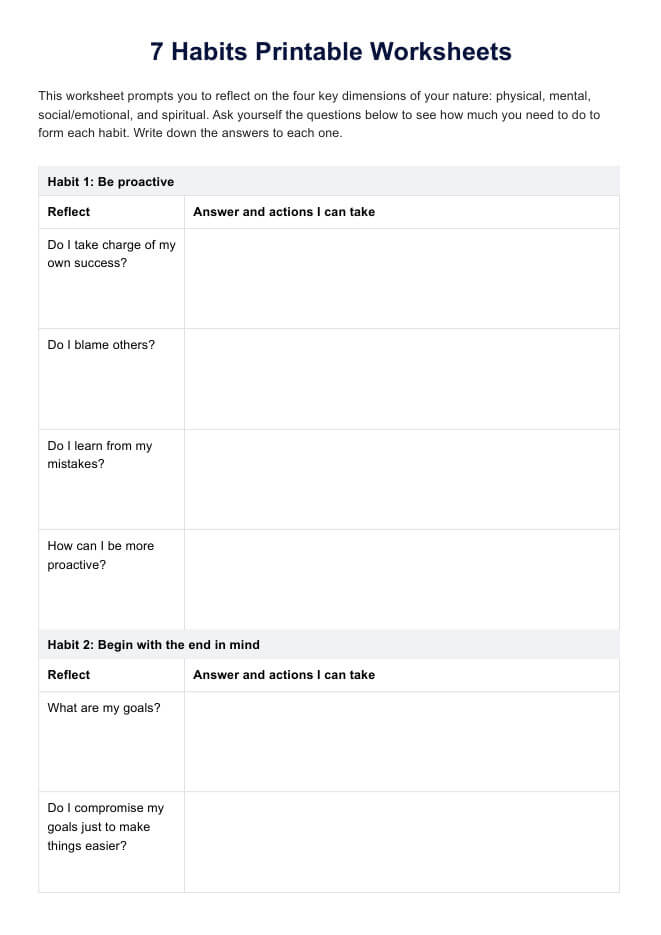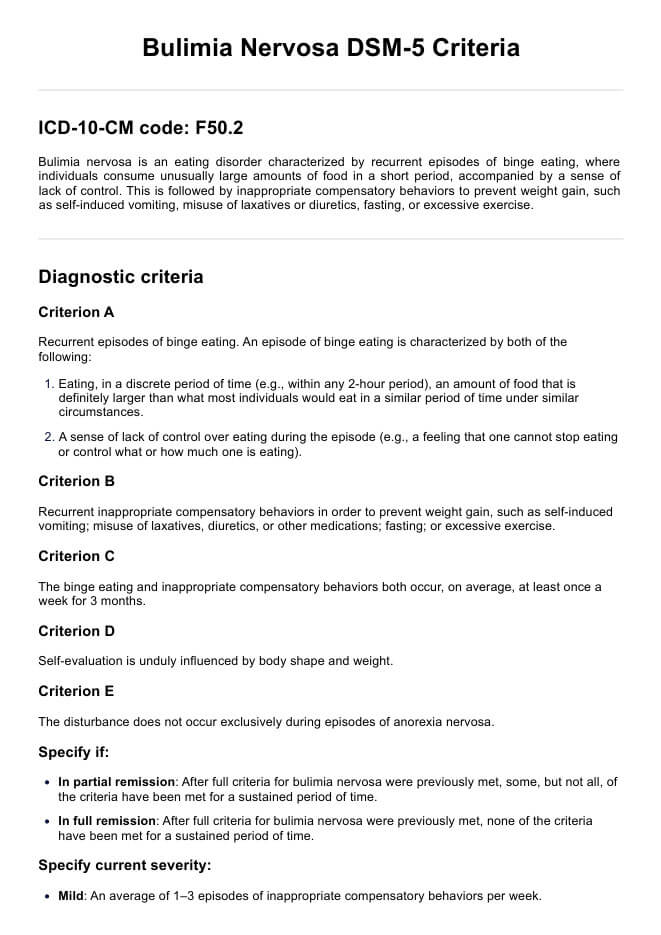Flashcards for Speech Therapy
Improve speech therapy sessions with Carepatron's free downloadable flashcard templates and examples. Enhance learning and communication skills with this resource.


Role of Flashcards in Speech Therapy
Flashcards play a crucial role in speech therapy, serving as an effective tool for enhancing language development and improving articulation skills. These cards, often referred to as articulation flashcards, feature familiar words and pictures that help children and students recognize and practice target words. In the therapy room, flashcards become an excellent resource for speech therapists to engage children in interactive and enjoyable activities.
Flashcards are particularly beneficial in special education settings, where they can be tailored to meet individual needs. For instance, they can focus on specific sounds, such as those in the final position of words, to help children refine their pronunciation. This targeted approach is essential for addressing specific speech and language challenges. Parents can also use flashcards at home to reinforce what their children learn in therapy, making it a collaborative effort between the therapy room and the home environment.
Flashcards for Speech Therapy Template
Flashcards for Speech Therapy Sample
Types of Flashcards Used in Speech Therapy
Different types of flashcards are used to address various speech and language challenges, providing targeted support for both therapists and parents. Below are some common types of flashcards used in speech therapy.
Articulation flashcards
Articulation flashcards are specifically designed to help children improve their pronunciation of target words. These cards feature words that focus on specific sounds, allowing therapists to address particular speech issues systematically. For example, if a child struggles with the "s" sound, the flashcards will include words like "sun," "snake," and "bus" to practice this sound in different positions.
By repeatedly working with these flashcards, children can develop better control over their articulation, making their speech clearer and more understandable. Parents can also use articulation flashcards at home to reinforce the lessons learned during therapy sessions, ensuring consistent practice and improvement.
Picture cards
Picture cards are another essential tool in speech therapy, used to enhance vocabulary and language skills. These cards feature images that represent different words, helping children associate visual pictures with the corresponding written word or spoken language.
These cards are especially useful for younger children or those who are visual learners, as the images make it easier to understand and remember new vocabulary. Therapists often use picture cards to introduce new concepts, stimulate conversation, and encourage children to use complete sentences. Parents can incorporate picture cards into everyday activities to create a fun and engaging learning environment at home.
How to use our flashcard template?
Using Carepatron's flashcard template can greatly enhance speech therapy sessions by providing structured, effective tools for language development and articulation practice. Below are the steps medical professionals can follow to utilize our flashcard template efficiently.
Access and download the flashcard template
The first step to utilizing our flashcard template is accessing and downloading it. Simply go to Carepatron's Resource Library and download the template from there.
Review the flashcards
Once the template is downloaded, it's important to review the flashcards thoroughly. Take time to go through each card, ensuring the target words and pictures are appropriate for the therapy goals.
Use the flashcards during speech therapy sessions
Incorporate the flashcards into your speech therapy sessions by using them in interactive and engaging activities. Use the cards to prompt children to practice target words, encouraging repetition and correct pronunciation. Picture cards can be used to stimulate conversation and language use, helping children form sentences and express ideas.
Tips on maximizing flashcards
To get the most out of flashcards in speech therapy, consistency and creativity are key. First, integrate flashcards into daily routines, ensuring regular practice. Consistency helps reinforce learning and aids in the retention of new words and sounds.
Next, make the sessions interactive by turning them into games or incorporating them into storytelling activities. This keeps children engaged and makes learning enjoyable. Additionally, personalize the flashcards to match each child's interests and therapy goals. Using familiar and relevant images can make the practice more relatable and effective.
Collaborate with parents to extend practice beyond the therapy room, providing them with tips and copies of the flashcards for home use. Finally, regularly assess and update the flashcards to ensure they continue to meet the evolving needs of the children.
Commonly asked questions
Yes, flashcards are excellent for speech therapy as they provide a structured way to practice articulation, vocabulary, and language skills. They engage children with visual aids and targeted words, making learning both effective and enjoyable.
Talking flashcards can be very effective, as they combine auditory and visual learning, enhancing the retention and understanding of new words. They offer immediate feedback and correct pronunciation, which is beneficial for children developing their speech.
Flashcards can be highly beneficial for children with autism, helping them improve communication, vocabulary, and social skills. The visual nature of flashcards makes them particularly effective for children who are visual learners.
Talking flashcards offer dual sensory input by combining sound and visuals, which aids in better retention and learning. They provide clear pronunciation and interactive feedback, making them a valuable tool for speech development.


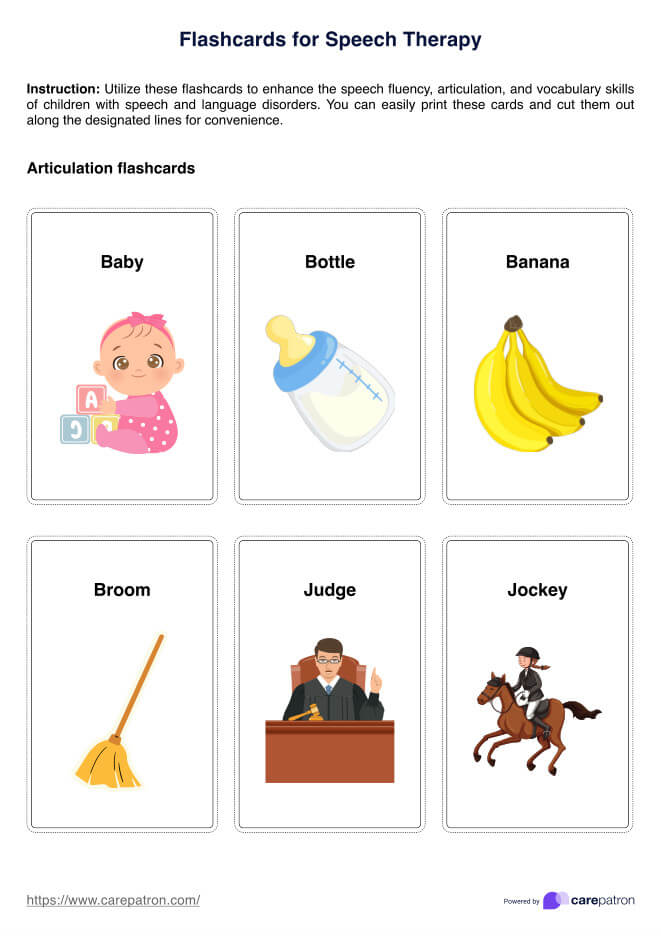
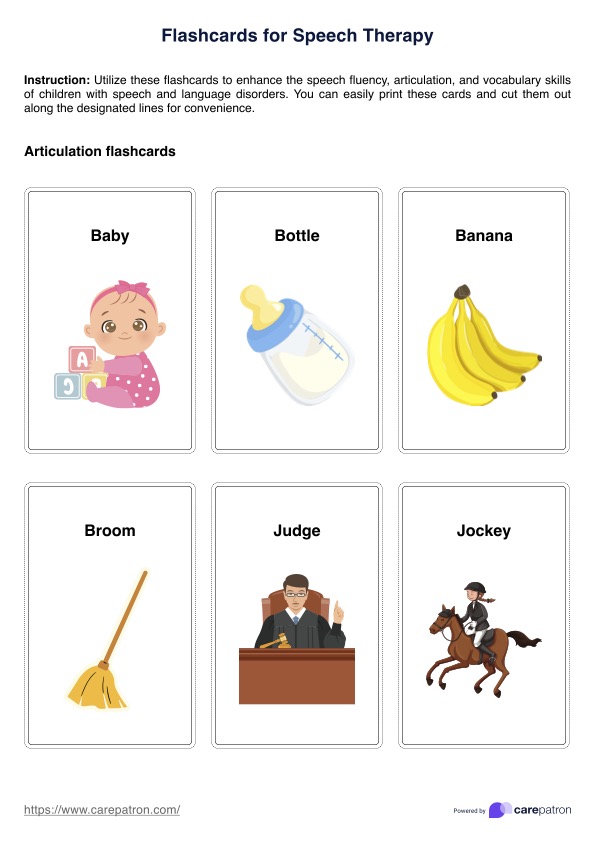

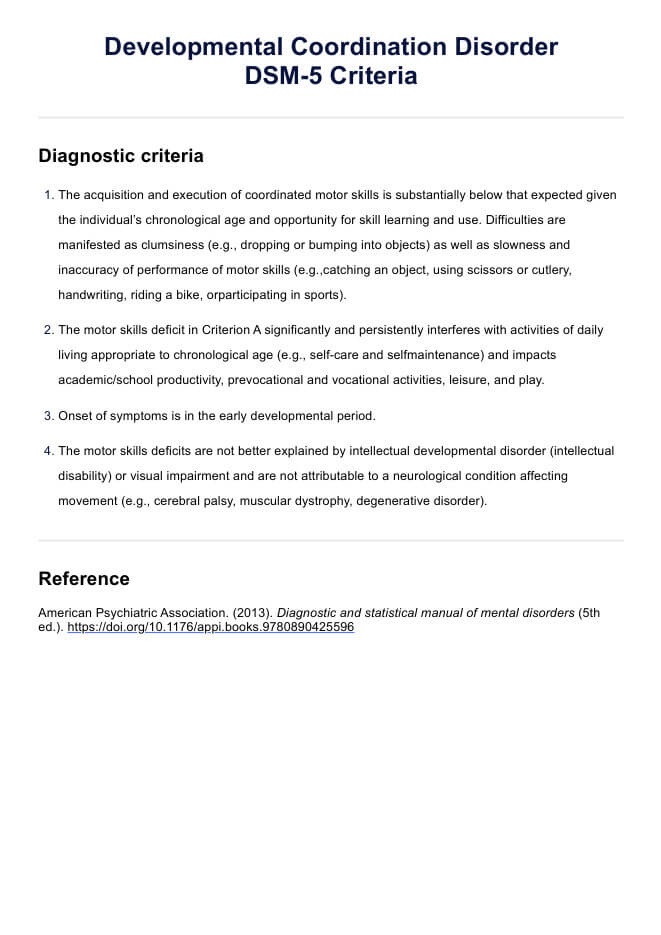
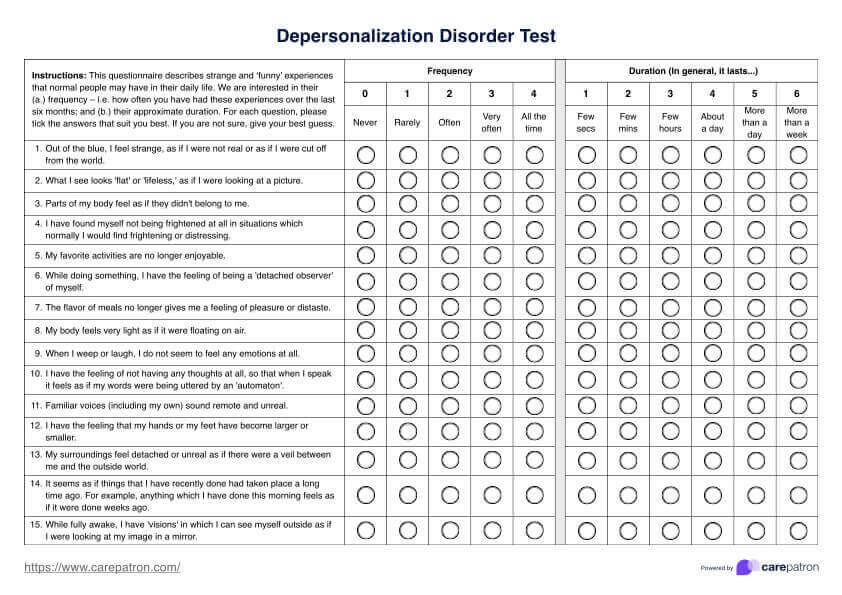
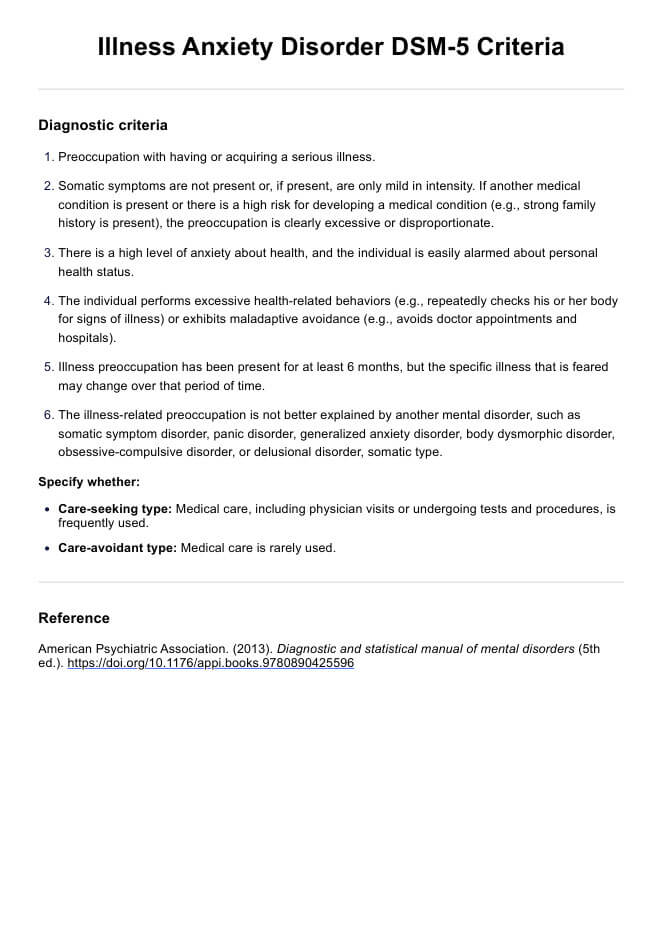








-template.jpg)















































